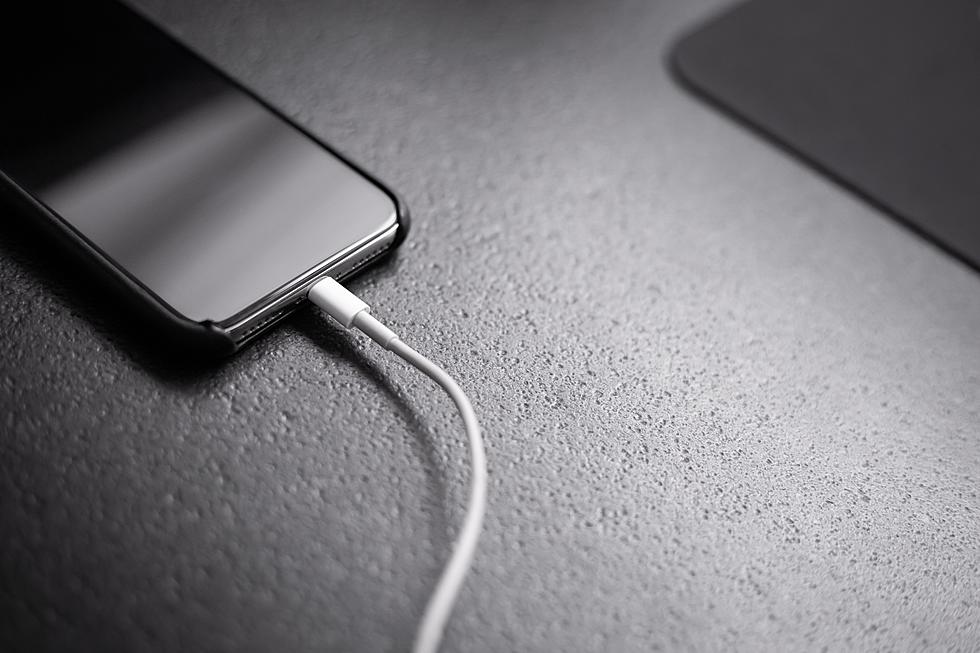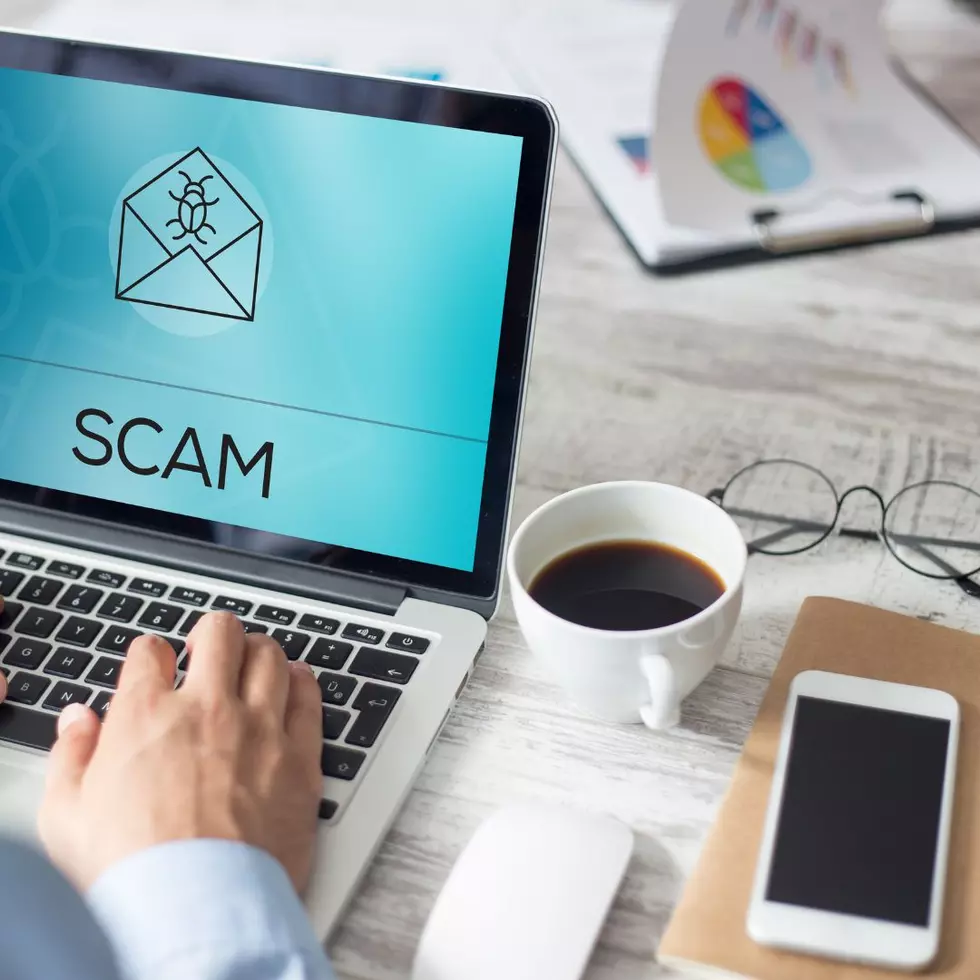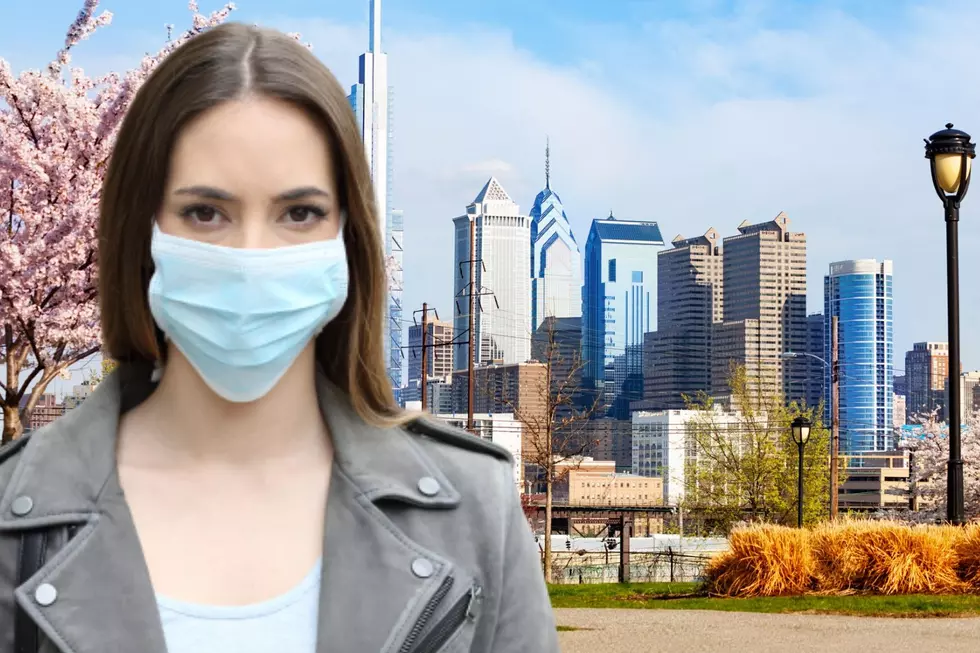
Attorney General Lists Top 5 NJ COVID-19 Scams
It doesn't take an expert to tell that scammers have increased their attempts to rip you off in the wake of the coronavirus crisis.

Have you noticed the increase in flim-flam phone calls, suspicious email and texts warning about problems with accounts you don't have and offers that are way too good to be true?
With help from the NJ Division of Consumer Affairs, here is a list of the Top Five coronavirus scams we are facing now in New Jersey.
1- Stimulus check ripoff: As stimulus funds begin arriving, keep in mind that the government will not ask you to pay anything up front to get this money. Anyone who calls and asks for your Social Security number, bank account or credit card to receive government assistance is a scammer. To receive grants or SBA loans you must apply and qualify.
2- Phony COVID-19 tests: Individuals posing as employees of the U.S. Department of Health and Human Services or another U.S. government department may send a text message or email instructing recipients to click on a link for the purpose of completing a mandatory online test or registration to get testing. This scam is designed to steal personal, financial and/or medical information.
3- Grandparent/family in trouble scam: These scams can take a new twist and take on a new sense of urgency during the current health crisis. If someone calls or sends a message from an unknown number or email address claiming to be a relative or friend sick with COVID-19 and desperate for money, don’t panic! Reach out to your friend or relative directly, and keep in mind that scam artists typically ask for payment via wire transfer or a gift card.
4- Bogus charities: Be sure to research where a charitable donation is going and visit the state Division of Consumer Affairs website for more information about registration requirements and status. Be careful and do your homework when it comes to appeals on crowdfunding sites, including reading the terms and conditions, as well as the comments. Don’t let anyone rush you into making a donation. If someone wants donations in cash, by gift card, or by money wire, don’t do it.
5- Travel insurance: Many travel insurance policies do not cover pandemics, although some legitimate travel insurance companies have extended coverage to their policyholders for cancellations related to COVID-19. If someone pitches you new travel insurance that specifically covers COVID-19-related problems, it may be a scam.
If you believe you have been victimized by a COVID-related fraud, call the National Center for Disaster Fraud’s National Hotline at (866) 720-5721.
Source: NJ Division of Consumer Affairs

12 of south Jersey's Most Fashionable Face Masks
More From Rock 104.1



![[POLL] Do NJ Residents Feel Safe Enough To Go On Vacation This Summer?](http://townsquare.media/site/396/files/2021/05/Family-On-Vacation-Hiking.jpg?w=980&q=75)






